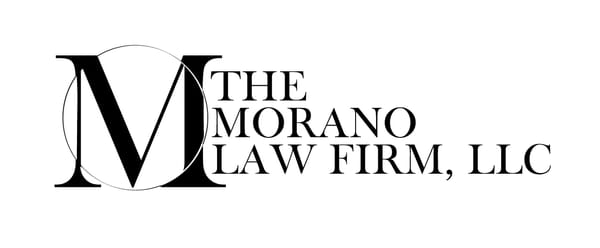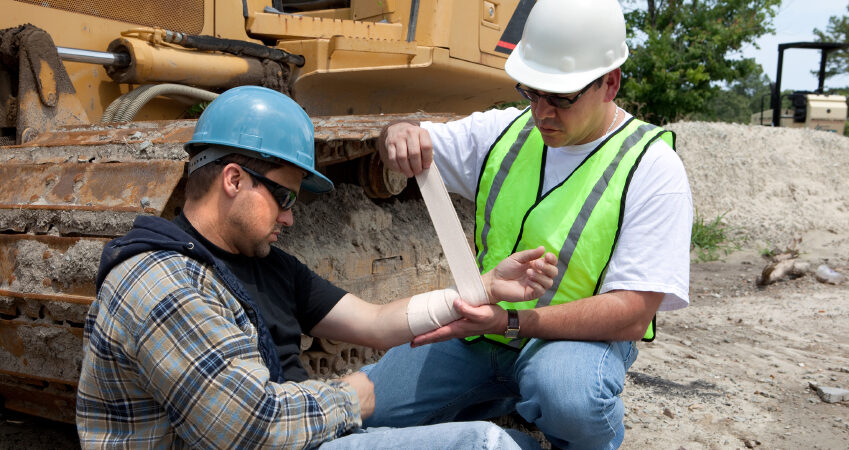What are Workers’ Compensation Benefits?
A New Jersey employee or their dependents can receive workers’ compensation benefits for an injury or death arising out of and in the scope of employment. The employer or their insurance carrier must pay for necessary and reasonable medical treatment, a percentage of loss of wages during the period of rehabilitation and when documented, benefits for permanent disability. So, the benefits that are possible fall into 5 categories. The 5 types of New Jersey Workers’ Comp benefits include 1) Medical Benefits, 2) Temporary Total Disability Benefits, 3) Permanent Partial Benefits, 4) Permanent Total Benefits and 5) Death Benefits
Medical Benefits
All necessary and reasonable medical treatment, prescriptions and hospitalization services related to the work injury are paid by the employer’s insurance carrier or directly by the employer if they are self-insured.
The employer has the right to designate the authorized treating physician for all work related injuries. Only in the situations where the employer inappropriately refuses to provide medical treatment or if an emergency exists, may the injured worker choose the treating physician. In the case of the latter, the injured worker should notify the employer as soon as possible concerning the treatment being received.

Temporary Total Disability Benefits
If an injured worker is disabled for a period of more than seven days, he or she will be eligible to receive temporary total benefits at a rate of 70% their average weekly wage, not to exceed 75% of the Statewide Average Weekly Wage (SAWW) or fall below the minimum rate of 20% of the SAWW. These benefits are provided during the period when a worker is unable to work and is under active medical care.
Benefits are usually terminated when the worker is released to return to work in some capacity or if he or she has reached maximum medical improvement (MMI). MMI is a term that is used when additional treatment will no longer improve the medical condition of the injured worker. The worker, in some cases, may be left with either partial permanent injuries or total permanent injuries, details of which are addressed in the next two sections.
Permanent Partial Benefits
When a job related injury or illness results in a partial permanent disability, benefits are based upon a percentage of certain “scheduled” or “non-scheduled” losses. A “scheduled” loss is one involving arms, hands, fingers, legs, feet, toes, eyes, ears or teeth. A “non-scheduled” loss is one involving any area or system of the body not specifically identified in the schedule, such as the back, the heart, the lungs. These benefits are paid weekly and are due after the date temporary disability ends.
Permanent Total Benefits
Sometimes when a work injury or illness prevents a worker from returning to any type of gainful employment, he or she may be entitled to receive permanent total disability benefits. These weekly benefits are provided initially for a period of 450 weeks. These benefits continue beyond the initial 450 weeks provided that the injured worker is able to show that he or she remains unable to earn wages.
Wages earned after 450 weeks offset the weekly computation in proportion to the income at the time of the injury. Permanent Total benefits are paid weekly and are based upon 70% of the average weekly wage, not to exceed 75% of the Statewide Average Weekly Wage (SAWW) or fall below the minimum rate of 20% of the SAWW.
Permanent Total Disability is also presumed when the worker has lost two major members or a combination of members of the body such as eyes, arms, hands, legs or feet. However, permanent total disability can also result from a combination of injuries that render the worker unemployable.
Death Benefits
Dependents of a worker who dies because of a work-related injury or illness may be eligible to receive death benefits. The weekly benefits payments are 70% of the weekly wage of the deceased worker, not to exceed the maximum benefit amount established annually by the Commissioner of Labor. The benefit amount is divided by the surviving dependents as determined by a judge after a hearing on extent of dependency.
A surviving spouse and natural children who were a part of decedent’s household at the time of death are conclusively presumed to be dependents.
A surviving spouse and natural children who were not a part of the decedent’s household at the time of death and all other alleged dependents (parents, grandparents, grandchildren, brothers, sisters, etc.) must prove actual dependency.
Children who are deemed to be dependents remain so until the age of 18 years or if a full-time student, until the age of 23 years. If a child is physically or mentally disabled, he/she may be eligible for further benefits.
The employer or its insurance carrier is responsible to pay up to $3,500 in funeral expenses for a job-related death. These funds are payable to whomever is liable for the funeral bill, be it the estate or an individual.
Please refer to the appropriate section of the workers’ compensation statute for detailed information (N.J.S.A. 34:15-13).

